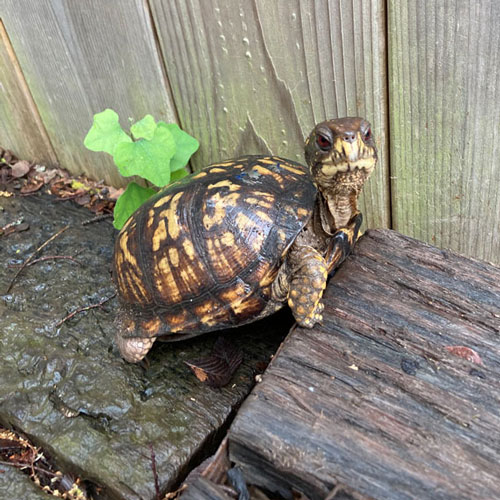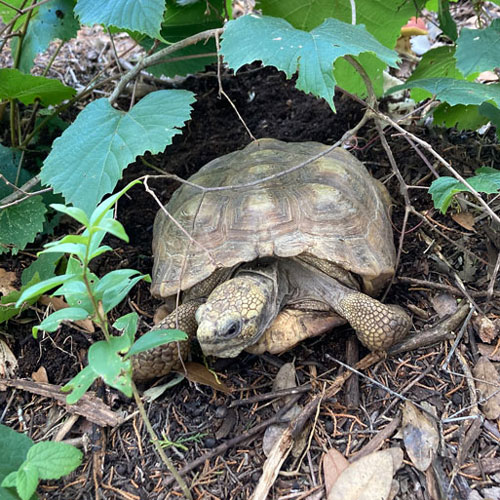Reptile Conservation International, Inc. (RCI) is a not-for-profit 501(c)3 organization dedicated to the conservation and restoration of endangered reptiles. The health and reproduction of reptiles is profoundly affected by the environment, making reptiles vulnerable to changes in temperature, climate, and environmental contaminants that interfere with hormones. Because the environment at which eggs develop determines whether the embryos become male or female, even small temperature fluctuations can profoundly alter the sex ratio of a species. Therefore, environmental factors can influence the survival of reptile species.
Dr. David Crews founded RCI in 1992 based on his discovery that the application of minuscule amounts of estrogen to a turtle or gecko egg greatly skewed the sex ratio towards females, a method applied successfully applied to increase breeding populations of females in three threatened and endangered reptiles, the Olive Ridley sea turtle, the freshwater Cagle’s map turtle, and the New Caledonian gecko, and in commercially-farmed muggers crocodile. RCI is presently working with conservation programs in Mexico and Brazil.
The RCI Box Turtle Project began in September, 2018 with the arrival of several dozen Eastern Box Turtles (Terrapene carolina carolina). These turtles were confiscated by US Fish & Wildlife at JFK airport from smugglers attempting to illegally export them. The turtles now reside in a fenced 50 x 100 foot enclosure, equipped with a freshwater pond, trees and shrubbery, lots of leaf litter and rocky shelter, and their very own worm farm!
RCI’s Texas Gopher Tortoise Project has two goals: to gain scientific knowledge about mating behavior in this species, and to provide a permanent safe home for animals that need to be relocated. Since May 2020 we have 16 tortoises in residence. The tortoises are going to be observed for their mate choice behavior.


